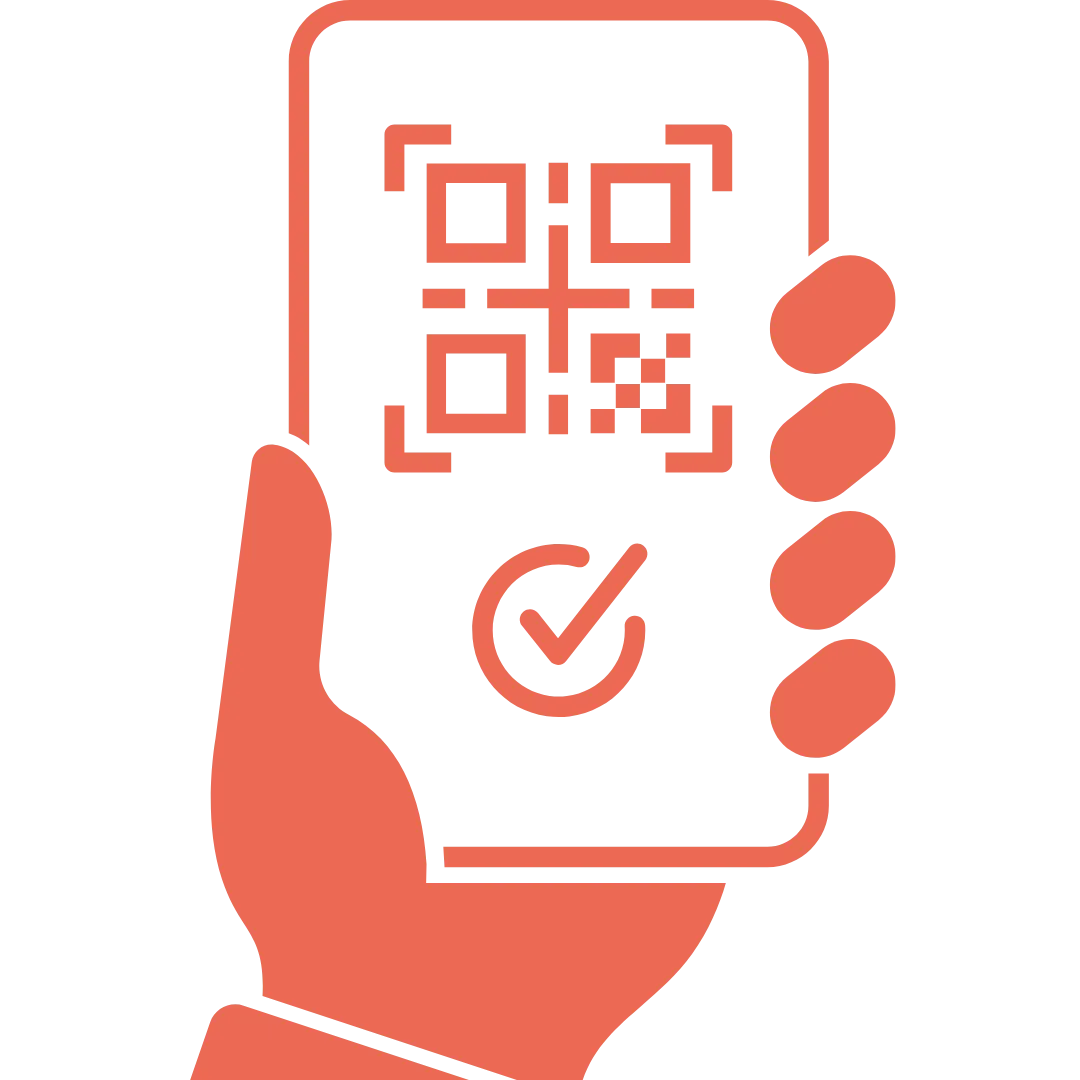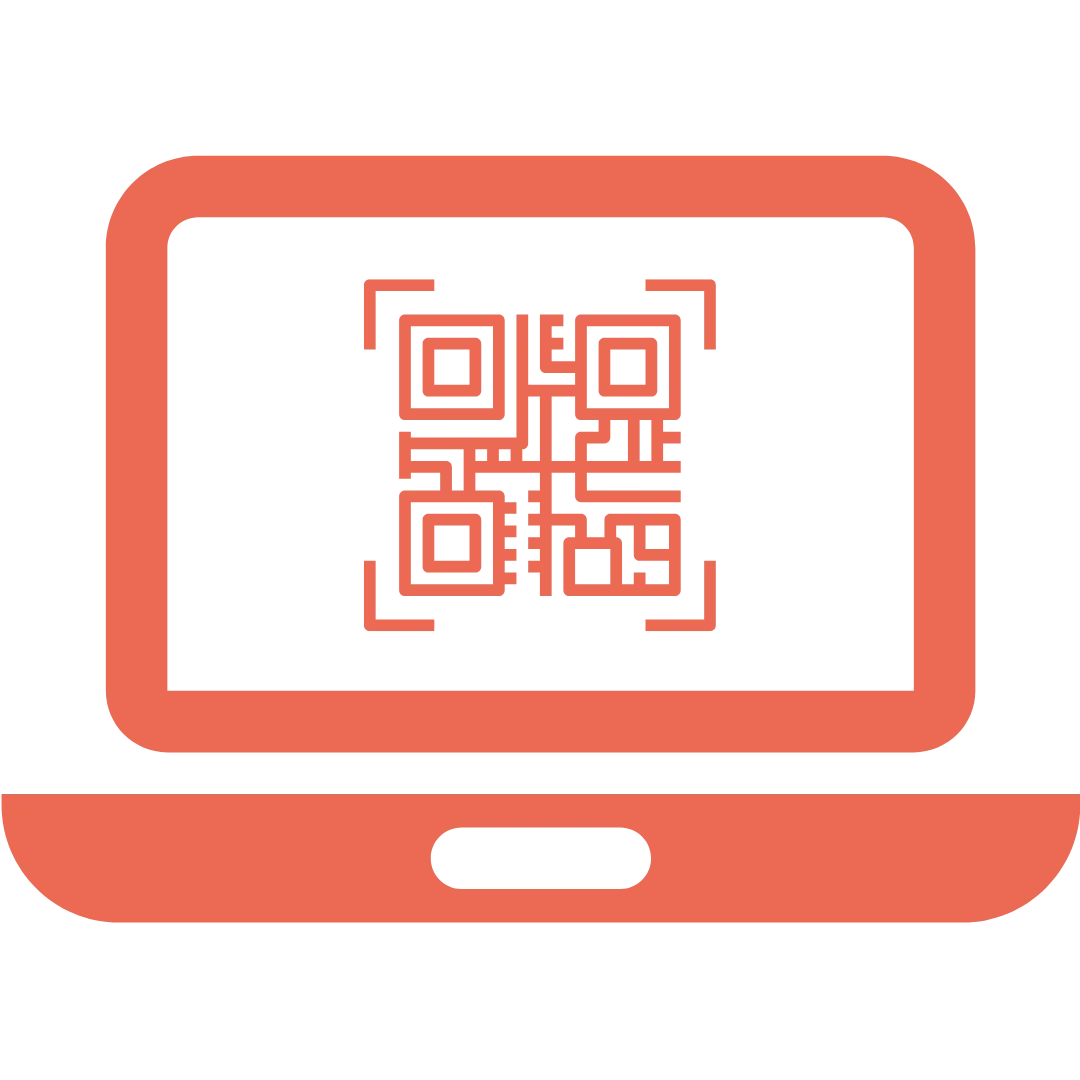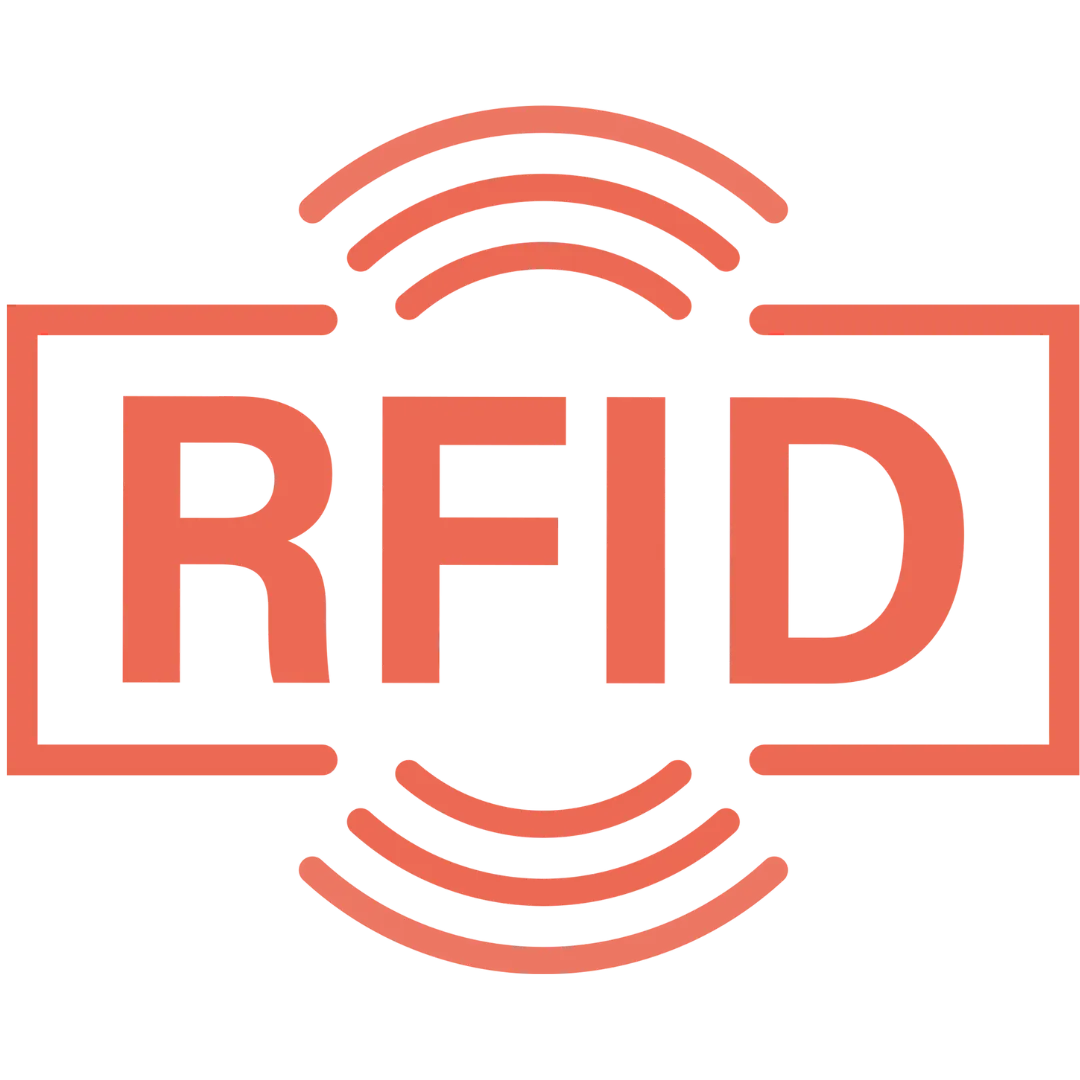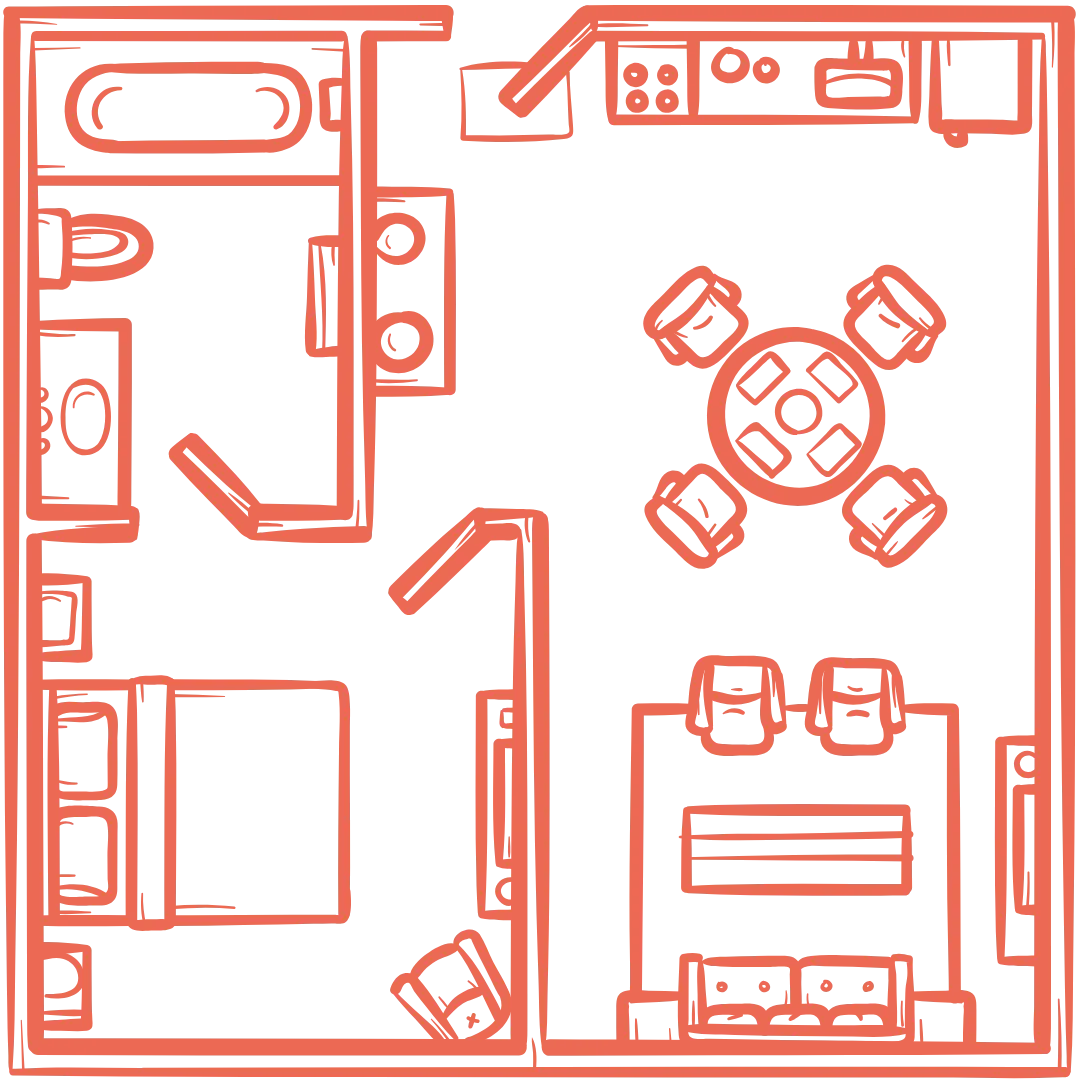Similar in function to barcodes, QR codes store data in a unique arrangement of black and white pixels. For consumers, they are also extremely accessible and can be read using any camera-enabled smartphone using a QR scanner, automatically activating specific links to open an email, instant messenger, and SMS apps or view certain pages on the web browsers.
In our previous article, we explored how 'Asset Tracking Management Helps Improve Hotel Revenue', by enabling staff to keep track & maintenance of items such as Vehicles, furniture, desktops & laptops, Chillers, ovens, Heating, ventilation, and air conditioning (HVAC). This prevents financial losses such as theft, misplacement, and misuse.
In the long run, this enables small businesses to grow their income & save money. To aid in asset tracking, QR codes can be very practical due to their relative affordability, ease of use, and overall reliability.
Because of this, QR codes' popularity is swiftly growing on a worldwide scale as they can be easily integrated into businesses for both private and public use.
To further examine how these codes can benefit businesses, we can look at some of the inspiring ways in which various companies have successfully used QR codes. Digital marketing agency Ayima emphasizes that Hong Kong-based companies need to put a premium on creative campaigns through the use of QR codes, such as those listed below:
Also Read: Will QR Code still be trending in 2022?
3 Inspiring uses of QR codes
1. Michael Kors and WeChat
For the popular holiday of Single's Day in 2016, the fashion retailer Michael Kors (MK) collaborated with WeChat to give customers discount coupons via QR codes. After playing a game of digital poker, customers scanned the code via WeChat and obtained retail discounts on purchases made on MK's retail stores as well as online.
On Scanova's list of popular use cases of QR codes in Hong Kong, the SVP of Global Communications and Marketing for MK, Liza Pomerantz stated that “We decided to engage our WeChat audience with something that was fun and unexpected, and that went above and beyond the normal promotional route while still delivering a reward at the end.”
Through this playful promotion, MK was able to fulfill both objectives, boost and track the demand for their products by analyzing how many discount coupons were obtained versus how many were actually redeemed & converted into the purchase.
2. McDonald's
As part of their 'most technologically advanced store,' being launched in Hong Kong in 2016, McDonald's decided on a 3-day retro campaign, broadcasting old commercials on TV and radio.
They also curated an exhibit of over 1,000 vintage and current toys from their brand which was displayed in a museum at the City Plaza. As an interactive aspect, QR codes prominently featured throughout the exhibit, allowing customers to win special souvenirs and discount coupons for their products.
Just last year, The Standard announced that Hong Kong also became the first Asian city to have access to their mobile app, where “customers can place an order on the app and upon arrival at any chain of the fast-food giant, scan the QR code in the store to confirm the purchase.”
A useful feature to aid in inventory tracking is the app's feature to record a user's favorite food, which can help monitor the supply and demand for certain products.
3. Hong Kong Tourism Board
Not all QR codes have to be black and white.
In 2017, the Hong Kong Tourism board aimed to attract more tourists to certain areas. They created four self-led tours, namely 'Tasting Hong Kong'; 'Crazy for Art'; 'Time Traveler'; and 'Treasure Hunt', to increase audience engagement.
The highlight of these tours according to Travel Weekly Asia were the “various art-inspired QR Codes, designed to reflect authentic experiences synonymous with the area - think to visit a temple or drinking a cup of traditional Chinese Tea.”
These enabled them to access web pages, displaying information on the four routes including information on culture, art, heritage, and dining.
Because these QR codes were designed to promote certain locations, these heritage sights can also be viewed in terms of assets for Hong Kong. After a certain amount of time, the Tourism Board can discern the most popular tourist areas and obtain feedback regarding any additional amenities or infrastructure that needs to be put into place to protect these assets.
For small businesses in particular, here are some additional ways in which QR codes can help in asset tracking.
QR Code Assistance in Asset Tracking for Small Business
- It is relatively affordable to obtain a service to create, print, and label existing assets using QR codes.
- Unlike manual systems, managing inventory through QR codes allows you to access data from multiple locations. Furthermore, this data will always automatically be updated.
- Through QR codes, you can customize any alerts and notifications to let you know when an asset is being checked out, verify any unauthorized usage, and more.
- QR codes are extremely convenient because they can be accessed through multiple mobile devices and easily integrated into third-party applications.
- If an asset is being checked out by a client you can use QR codes to monitor its location and forecast future reservations to ensure adequate supply.
- Having a QR label on your assets enables you to track their condition during their entire lifecycle, from procurement until when they need replacement or repair.
Also Read: Barcodes/QR codes vs RFID tags for asset tracking
From this, it is clear that QR codes perform a myriad of vital functions, all the way from marketing your growing business to effectively managing its assets.

















































.webp)
.webp)
.webp)
.webp)
.webp)
.webp)
.webp)
.webp)
.webp)

.svg)




.webp)
.webp)











































.png)
.webp)



















